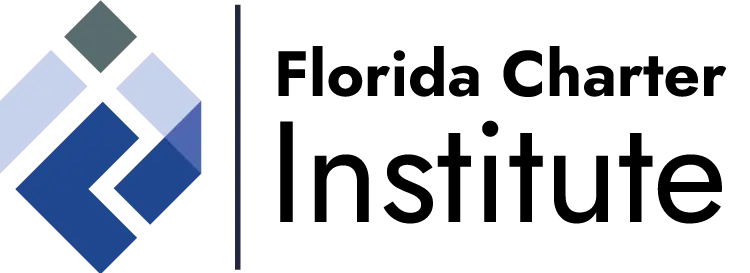About the Webinar:
This presentation guided public and private school representatives on their responsibilities for parentally placed private school students under IDEA. Topics from the FDOE TAP included child find obligations, service plans vs. IEPs, and proportionate share funding. Participants learned best practices for collaborating with private schools and parents while addressing emerging compliance issues and exploring dispute resolution options.
Parentally Placed Private School Students
Presenter:
- Alice Schmitges, Chief, Bureau of Exceptional Education and Student Services, Florida Department of Education
- Patricia Bodiford, Senior Educational Program Director: Instructional Support Services, Florida Department of Education
Date/Time: November 20, 2024
Conference: 2024 FL Charter School Conference
View The Recording:
Handouts / Slides:
Download File
Session Summary
This presentation, "Parentally Placed Private School Students," by Alice Schmitges, Chief of the Bureau of Exceptional Education and Student Services (BEESS) at the Florida Department of Education, and Patricia Bodiford, Senior Educational Program Director for Instructional Support Services, provides a comprehensive overview of the rights and responsibilities concerning parentally placed private school students with disabilities under the Individuals with Disabilities Education Act (IDEA). The session begins with Schmitges and Bodiford sharing their personal journeys in the field of special education, emphasizing their commitment to supporting all students with disabilities in Florida.
The presentation then delves into the technical assistance paper (TAP) developed by the Florida Department of Education (FDOE) to guide public and private school representatives on this complex topic. The TAP covers key areas such as child find obligations, the difference between service plans and Individualized Education Programs (IEPs), and proportionate share funding for equitable services.
The presenters emphasize the importance of collaboration between public and private schools, particularly in the child find process and consultation regarding services for students with disabilities. They highlight the responsibility of the Local Education Agency (LEA) in ensuring that all students with disabilities are identified, located, and evaluated, regardless of whether they attend public or private schools.
The presentation also addresses common challenges and misconceptions surrounding parentally placed private school students with disabilities. This includes clarifying the LEA's obligations regarding the development of IEPs and the provision of services, as well as the calculation of proportionate share funding.
The session concludes with a discussion of best practices for resolving disputes and ensuring compliance with IDEA. The presenters emphasize the importance of open communication, collaboration, and adherence to legal guidelines to ensure that all students with disabilities receive the appropriate support and services they need to succeed.
Key takeaways for attendees include:
- Understanding the child find obligations for parentally placed private school students with disabilities.
- Distinguishing between service plans and IEPs.
- Knowing how proportionate share funding is calculated and used to provide equitable services.
- Developing effective strategies for collaboration and communication between public and private schools.
- Understanding the options for resolving disputes and ensuring compliance with IDEA.
